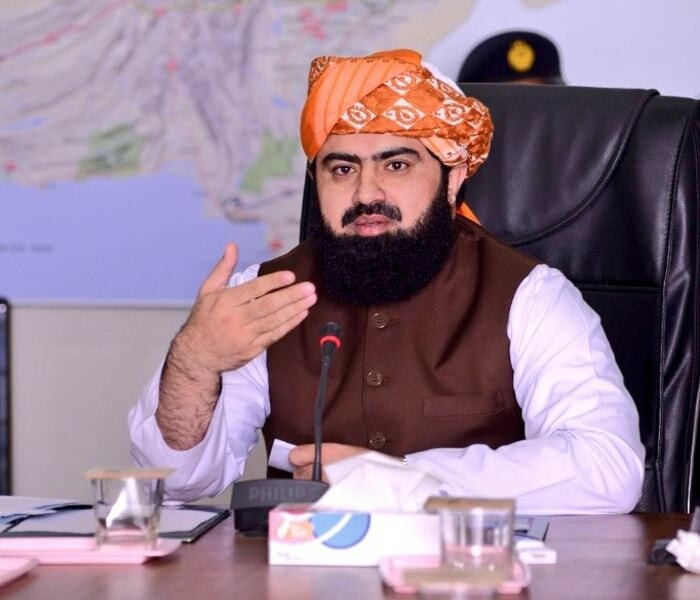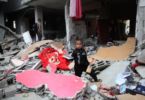Federal Minister for Communication, Asad Mehmood has urged the government to thoroughly review the merger of the Federally Administered Tribal Areas (FATA) in light of the ongoing challenges faced by the region. Speaking on the floor of the National Assembly, the Federal Minister emphasized the need to ascertain the desires of the people of FATA through a referendum and stressed government officials personally visit the area and assess the ground realities to gain a comprehensive understanding. Minister was of the view that although FATA has progressed however firsthand information is vital to assess the nature and volume of problems faced by the people in most disadvantaged regions in the country.
The newly merged districts of KP, formerly known as Federally Administrated Tribal Areas (FATA) had met a hapless fate since the creation of the country. The people of the area were largely ignored by the past governments because of its far-flung geographical location, and peculiar governance system under British rule coupled with tribal customs and traditions. Undoubtedly, the people of the erstwhile FATA (Federal Administered Tribal Area) had faced multiple economic, social, and law and order issues for the past seven decades, due to the absence of a regular political and governance system in the region. All successive governments shed away from their responsibility throughout history rather this most improvised region was used as a base camp during the Afghan jihad in the 1980s. Later, this ungoverned region served as a terrorism hub in the early 21st century and tribesmen suffered utmost hardship and cruelties at the hands of terrorists and endured losses in the wake of the Counterterrorism operations of the Security Forces.
After clearing of erstwhile FATA from miscreants and terrorist infrastructure through the successful operation Zarb-e-Azb, the government of Pakistan moved toward mainstreaming FATA in November 2015 by constituting a FATA Reforms Committee, while subsequently, various legislative, administrative, and fiscal measures were adopted to merge the region in Khyber Pakhtunkhwa Province in the following years. The federal government has approved an annual 3% share under the Federal Divisible Pool of the NFC award to implement a 10 years development plan to bring the backward region at par with the rest of the country. Unfortunately, the FATA merger could not resolve the problems of local tribesmen and their issues persisted in one or the other way. There are continuous complaints regarding the no-disbursement of a 3% share to implement the FATA development plan and multiple development projects face delays in their completion, while the absence of essential government infrastructure, educational, and health facilities as well as the re-emergence of terrorists groups in the area cast serious concerns among the masses regarding the future of their coming generations.
A large faction of the FATA population intends to maintain a separate identity and oppose the FATA merger into the KP. Local Tribesmen wanted to remain intact with their culture, and elders are desirous of playing a role in administrative and judicial affairs through the jirga system. Multiple petitions have been filed in the Supreme Court seeking the annulment of the FATA merger and requesting the creation of a new province. Meanwhile, local political and ethnic groups fear the continuation of their economic discrimination and resource exploitation in the case of the FATA merger with Peshawar. At the time, thousands of Afghan refugees have illegally procured Pakistani Identity Cards and are residing in Erstwhile FATA while hundreds of Pakistani tribesmen are living across the Pak-Afghan borders. Apparently, those issues would be further complicated if not handled carefully in consultation with the local leaders and tribal elders.
The Federal government and national institutions must calibrate consciously and resolve this issue amicably according to the need and desires of the people of Erstwhile FATA as our enemies across the Pak-Afghan border and the other side of Wagha are equally ready to exploit the situation and subvert patriotic tribesmen against the country through agents provocateur and local anti-state groups. At times, an important and delicate responsibility rests with the Political leadership to consider the genuine need of their people and work toward that end.







